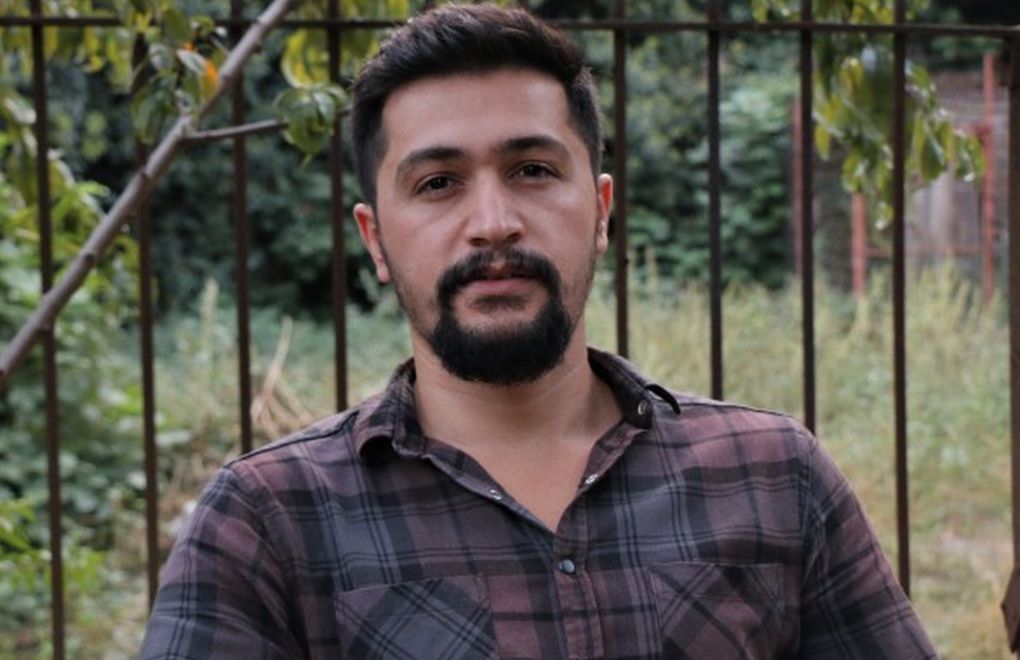Click to read the article in Turkish / Kurdish
Standing trial upon the criminal complaint of Bayburt Type M Closed Penal Institution, journalist Ferhat Çelik, the Managing Editor of Mezopotamya Agency (MA), had his first hearing today (February 2).
A lawsuit was filed against Çelik over a news report titled "Bugs mixed with arrestees' food in Bayburt" and published on the website of the MA on October 4, 2018. In the indictment lodged by the Bayburt Chief Public Prosecutor's Office on October 21, 2020, it was alleged that Çelik committed the crime of "fabricating crimes" as per the Article 271 of the Turkish Penal Code (TCK). He was facing up to 3 years in prison on the offense charged.
Çelik has been acquitted at his first hearing.
CLICK - Lawsuit against Managing Editor of MA
Ferhat Çelik had his first and final hearing at the Bayburt Penal Court of First Instance today. He attended the hearing from the İstanbul 22nd Penal Court of First Instance via the Audio and Visual Information System (SEGBİS).
Announcing his opinion as to the accusations, the prosecutor of the hearing said that the related news report fell within the scope of freedom of press and expression and demanded Ferhat Çelik's acquittal.
Taking the floor afterwards, Çelik's attorney Sercan Korkmaz said that he agreed with the opinion and requested his client's acquittal.
Çelik also indicated that the news was within the scope of freedom of expression and requested his acquittal of the offense charged. Handing down its ruling, the court has ruled that the journalist shall be acquitted.
About the news
Berivan Bayındır, an inmate of Bayburt Type M Women's Closed Prison, talked to her family about the ill treatment and violations of rights that they faced in prison. According to what Bayındır said, the food given to prisoners were spat and bugs were added to the food. She also said that the inmates were forced to sign a paper indicating that "they repented."
Her family also said that before the State of Emergency was lifted in July 2018, the director of the prison was changed and serious violations of rights were committed in the prison following this change. According to the family, Bayındır was denied her right to contact visitation for 3-4 months and the last time when they saw their daughter was the last Sacrifice Feast.
Bayındır also said that they were forced to have medical examinations in handcuffs and some prisoners were offered to work as informants. (SO/SD)








.jpg)
